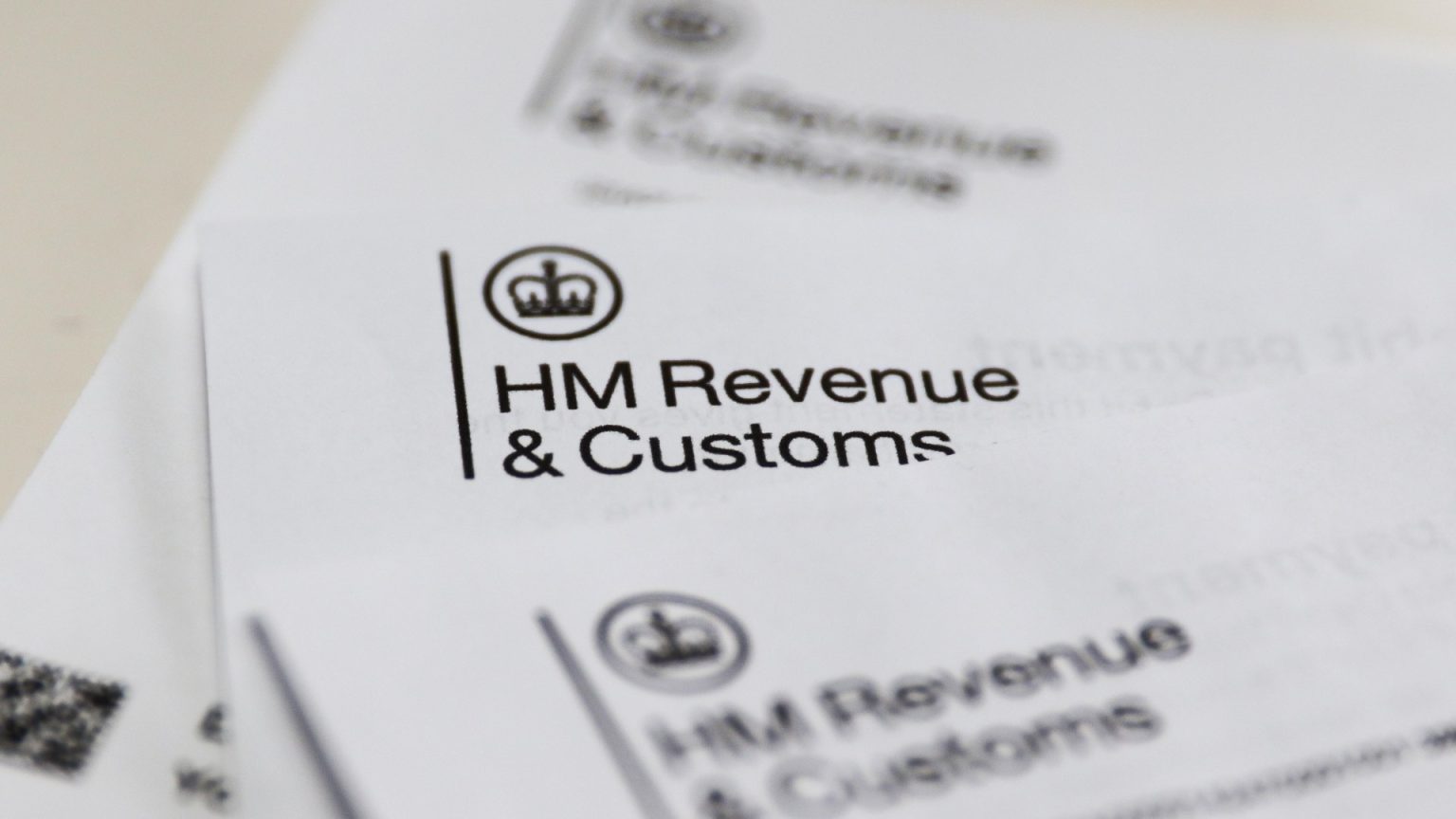The January 31st self-assessment tax return deadline is rapidly approaching, leaving approximately 5.4 million individuals in the UK with just weeks to file their returns online. This digital submission is crucial for those with income beyond what’s automatically taxed through wages, pensions, and standard savings. Failure to meet this deadline incurs penalties, starting with a £100 fine for returns up to three months late, escalating to an additional £10 per day thereafter, capped at £900. Further penalties apply for late payments, reaching 5% of the owed tax or £300 (whichever is greater) after six months. While HMRC acknowledges valid reasons for missing the deadline, it’s essential to provide a reasonable excuse to avoid these charges. Amidst this crucial period, taxpayers should be vigilant against scams attempting to exploit the deadline pressure. HMRC emphasizes the importance of safeguarding login credentials and never sharing them with anyone, including tax agents.
Submitting your tax return online via the government’s designated portal is the most efficient method. The self-assessment system is HMRC’s mechanism for collecting income tax from individuals and businesses whose income streams aren’t subject to automatic deductions. This includes those with multiple income sources exceeding £1,000, earnings from savings and investments exceeding £10,000, rental income beyond £2,500, or untaxed income like tips and commissions. Furthermore, individuals receiving Child Benefit payments whose income (or their partner’s) surpasses £50,000 may also need to file. Other scenarios requiring self-assessment include income from abroad, capital gains tax liability, income from trusts, high state pensions, underpaid tax from the previous year, or those who filed a return in the previous tax year regardless of tax owed.
Before embarking on the online filing process, ensure you possess a Unique Taxpayer Reference (UTR) and an activation code from HMRC. First-time filers should register online immediately to receive these credentials, as obtaining them can take time. Returning filers can locate their UTR in previous HMRC correspondence. Gather all relevant documents pertaining to income and expenses beforehand to streamline the process. This includes your UTR, National Insurance number, and any records of income and allowable expenses. HMRC acknowledges payment on the date it’s made, irrespective of when it clears their account, offering some flexibility over weekends.
Upon logging into the online portal, verify your personal details before proceeding to the relevant sections. The system adapts dynamically based on the information provided, omitting irrelevant sections. Guidance and reminders are integrated throughout the process, assisting with locating necessary information. Thoroughly review all entered figures before submitting the return. The online system allows saving progress at any stage, enabling you to double-check information or consult with an accountant or tax advisor if needed.
A broad range of circumstances necessitates filing a self-assessment tax return. Self-employed individuals with income exceeding £1,000 are required to file, as are those with multiple income streams totaling over £1,000. Those earning £10,000 or more from savings, investments, or dividends also fall under the self-assessment requirement. Claiming Child Benefit while earning (individually or with a partner) more than £50,000 annually necessitates filing. Rental income exceeding £2,500, or other untaxed income such as tips or commission, also triggers the need for a return. Individuals with taxable income over £100,000, foreign income, or UK income while residing abroad are also required to file.
Additional scenarios requiring self-assessment include liability for capital gains tax, income received from a trust, state pensions exceeding the personal allowance (unless the pension commenced after April 6, 2016), notification from HMRC regarding underpaid tax, and previous filing of a self-assessment return, even if no tax was owed in the previous year. Even self-employed individuals earning less than £1,000 who wish to make voluntary Class 2 National Insurance contributions to protect their state pension and benefit entitlements should file a return. This comprehensive framework ensures accurate tax collection across diverse income scenarios and maintains the integrity of the social security system. Therefore, understanding your specific circumstances and obligations is paramount for accurate and timely tax filing. Don’t delay; utilize the remaining weeks to gather your information, access the online portal, and fulfill your tax obligations, avoiding unnecessary penalties and ensuring compliance.




